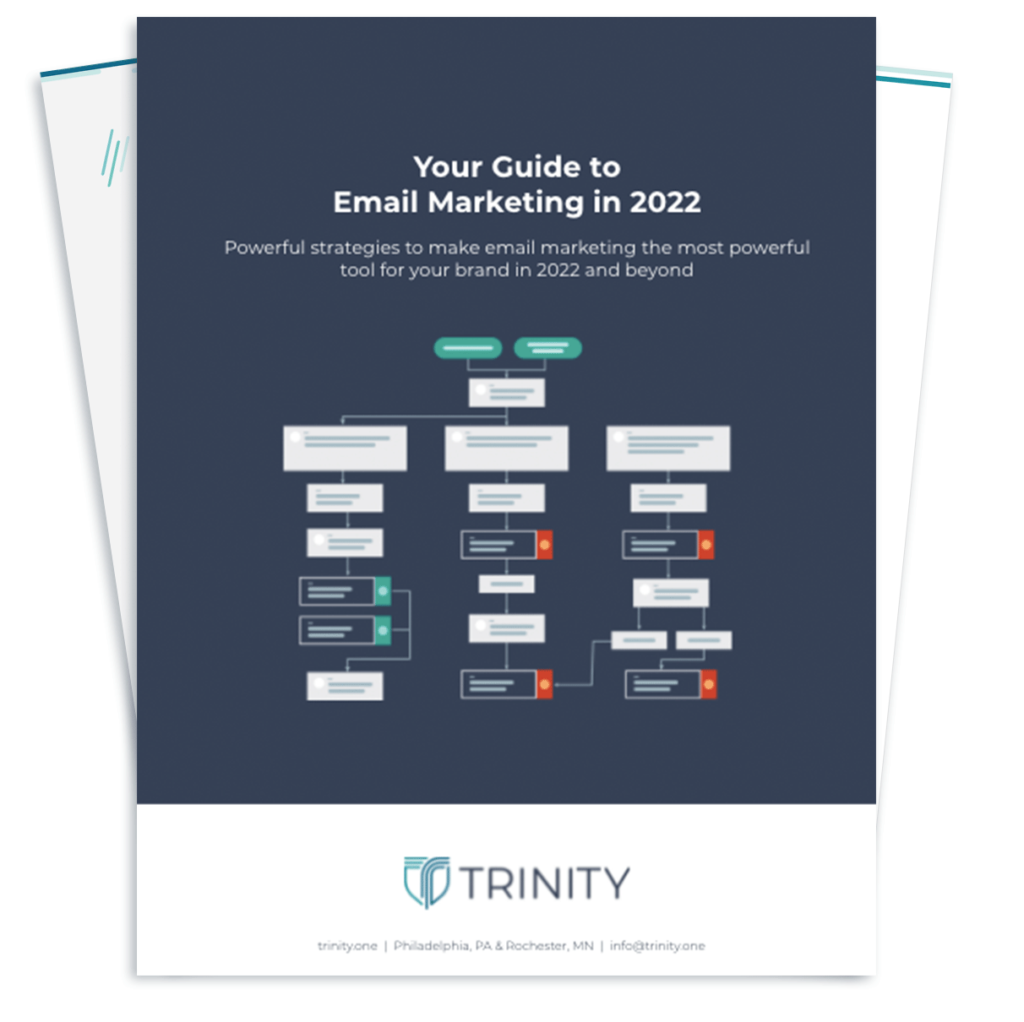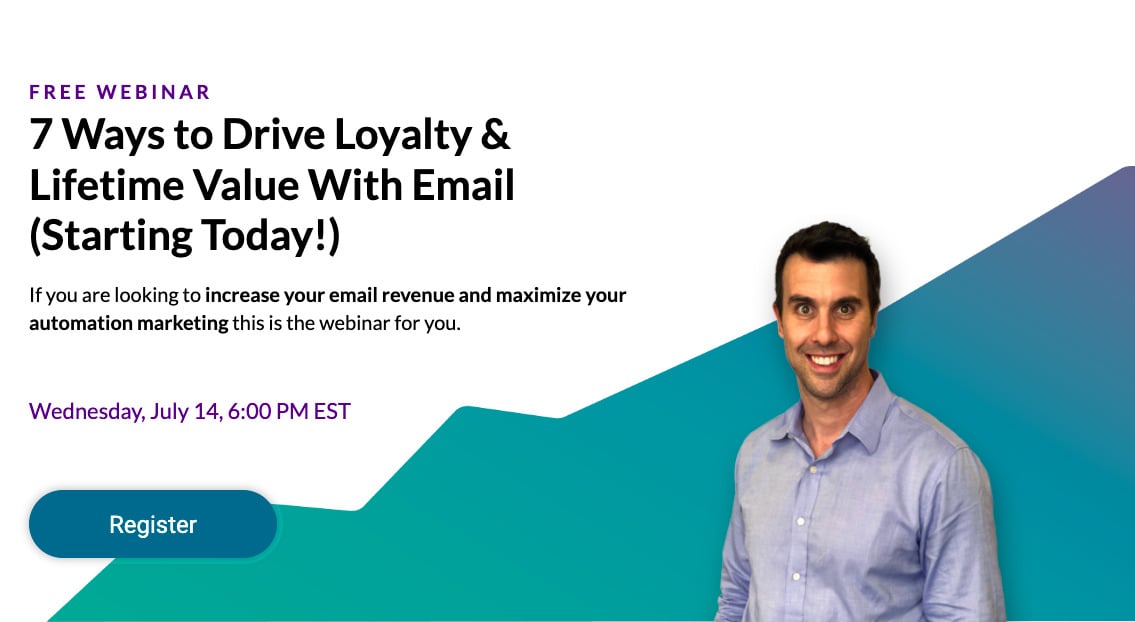While not as glamorous as social media marketing, email marketing is still incredibly valuable in eCommerce and can be further enhanced when you apply aspects of the lead nurturing strategy to your efforts.
Lead nurturing is when a company builds a relationship with a potential client, even if they aren’t looking to purchase anything at the moment. Its main function is to improve the profile of a company in the eyes of the potential client, so that when the potential customer does decide they want to purchase something, it’s more likely that they will go with the company that they have a better relationship with. It’s usually applied in B2B marketing, but can easily be used in an eCommerce email marketing strategy.
Below, we’ve outline a few tactics an eCommerce business could implement into their email marketing efforts.
Well-Timed Promotions
Like sending a “Happy Anniversary” card to a recently divorced couple, an ill-timed promotional email can be seen as tactless and unwarranted. A strategically-timed email or promotion can mean the difference between gaining a new customer and losing a potential sale.
So what makes a well-timed email? For example, if you’re sending out a promotional email about a sale, give the recipient enough time to read it and make plans around it. If you send out an email about a sale that starts at 8 a.m. on Saturday, but the email reaches your potential customers Saturday at 7 a.m. or you send it out a month in advance, chances are most people won’t engage because they could either feel rushed or forget about the promotion.
Depending on what type of promotion it is, a business could send out a series of emails (including a last minute reminder) leading up to a deadline in order to keep potential customers active and the promotion fresh in their minds.
Ecommerce business could also send out promotional emails based around special events. For example, a company that sold designer fashion could send out a promotion highlighting certain designers that were mentioned in an event during award season. Movie ticket seller, Fandango, did something similar where after the Academy Award nominees were released they send out an email highlighting the Oscar nominated films that were still playing in theaters.
Product Based Buying Cycle Campaigns
If you’ve recently shopped online and have checked out a few stores in the process of finding a specific item to purchase, you may have received emails about products that were recently browsed or abandoned in cart. While these emails are often successful at getting customers to return to the site, they may not result in an immediate conversion.
Businesses should consider being more specific in their follow up emails. If they noticed that someone has searched for a specific product or added it to their cart but never finished the buying process, they could send the consumer an email asking if they had purchased the product somewhere else and why they didn’t buy from their site. It would deliver valuable feedback, while also making the consumer feel as if their purchase matters.
If a customer does make a purchase from a business, the merchants could send nurturing emails that promote products that are related to the product. For example, companies that sell products that often have reoccurring purchases (i.e. makeup, hair-care, health products), could send emails out after a certain amount of weeks asking customers if they would like to restock their supplies and re-order.
First-Order Campaigns
Making a good first impression is an invaluable part of life, especially when it comes to business. Perhaps the best time to send a follow-up email is after a first-time buyer makes a purchase. Whether it’s just shipping and order confirmations or customer-satisfaction emails, they lay out a good foundation for repeat orders and make the customer feel as if they are valued.
This is also a good time to send out an email letting the customer know more about the company, what else can be done for the customer, and other products or services they may sell.
Reengagement Aimed Promotions
There are a variety of reasons why a customer may not return to a business, some of which may or may not even be the company’s fault. Part of the challenge in earning old customers back is that a company may not know why they left in the first place.
An email survey to non-repeat customers is a good starting point for finding out why someone may not have returned. While low response rates are often an issue, businesses could consider offering some sort of discount or compensation in exchange for their participation. With enough feedback, a business could craft a specific series of emails that have a more targeted message to send to non-repeat customers.
Whatever aspects of lead nurturing you identify with most, if incorporated correctly into email marketing it will be sure to help you make the most out of your email database.




